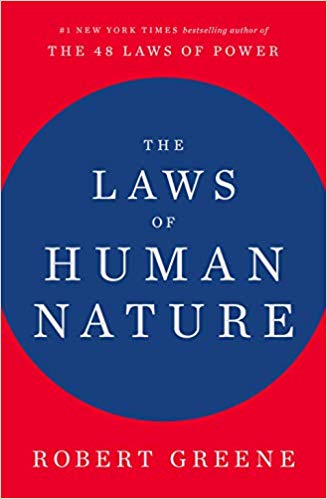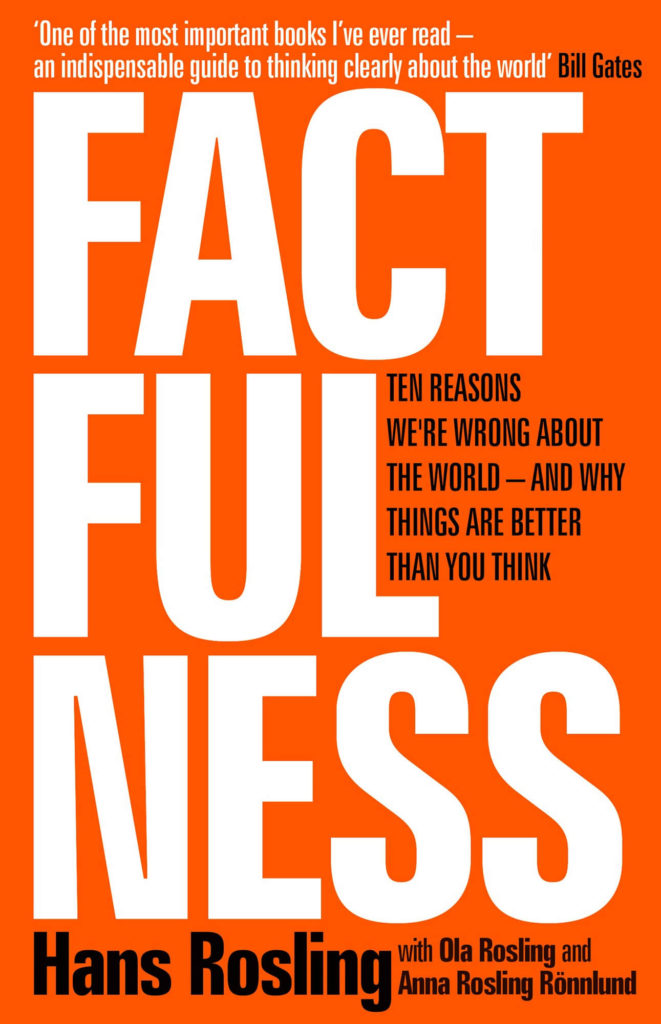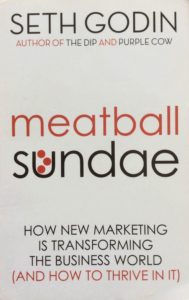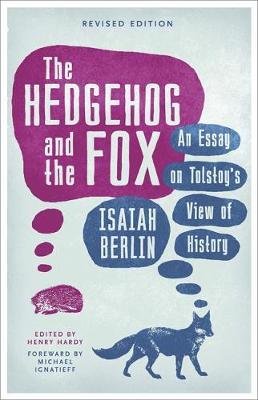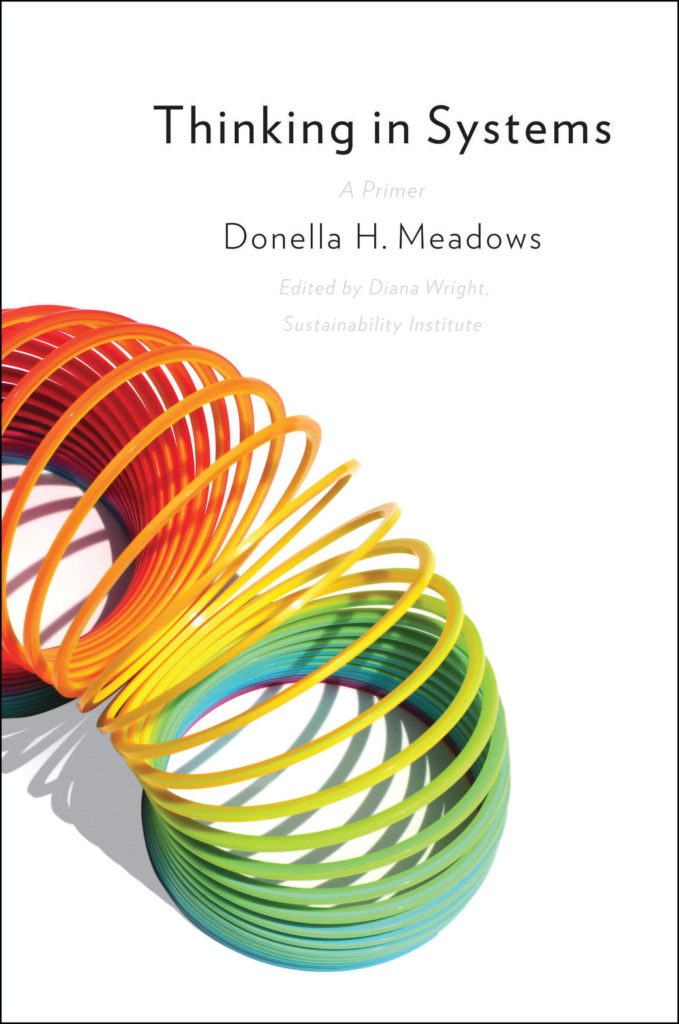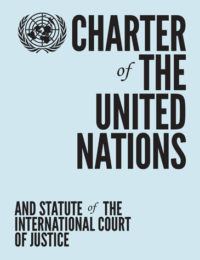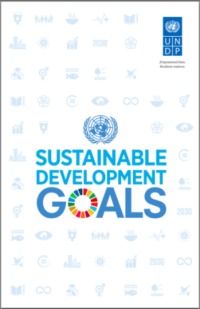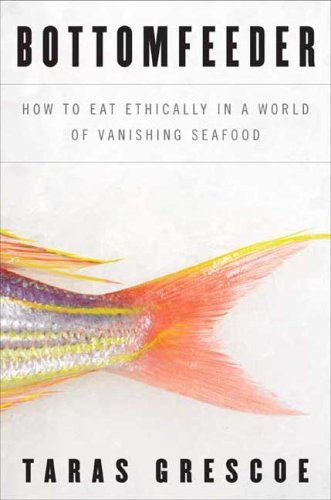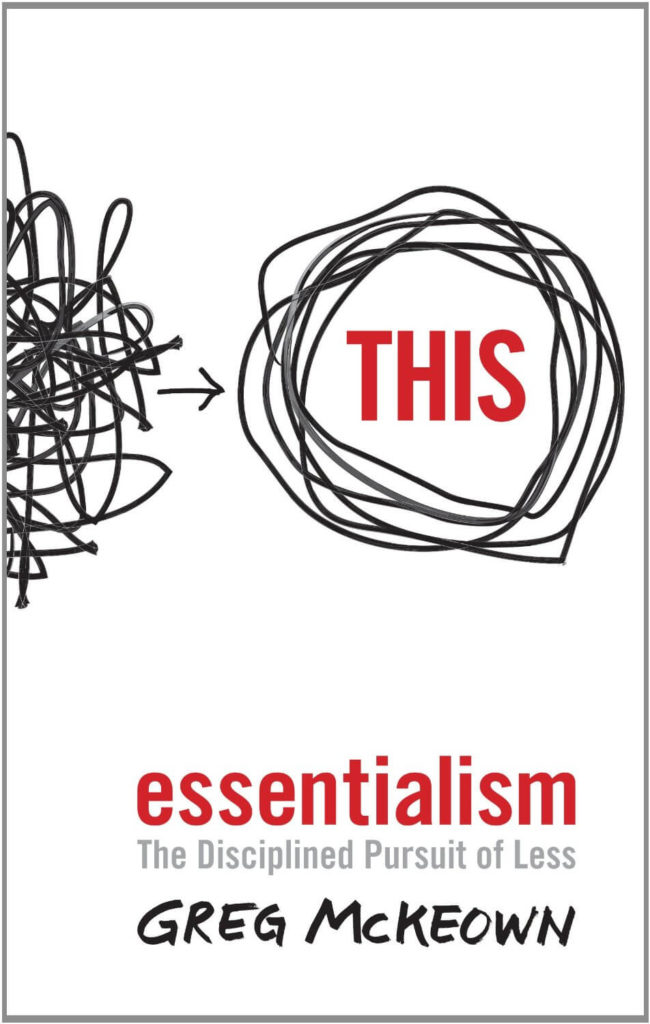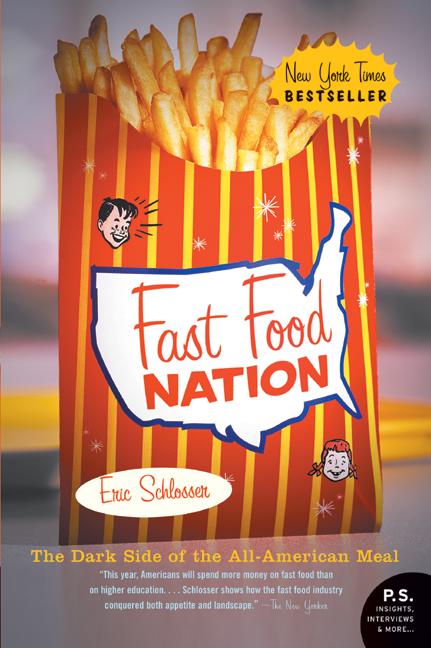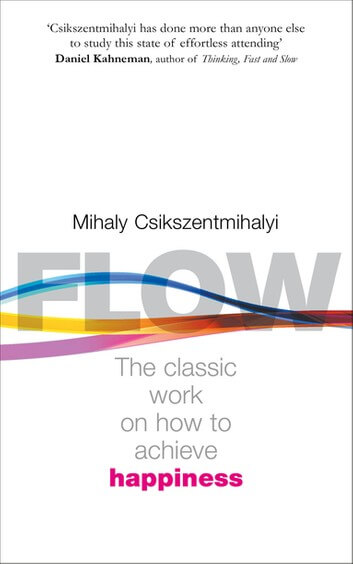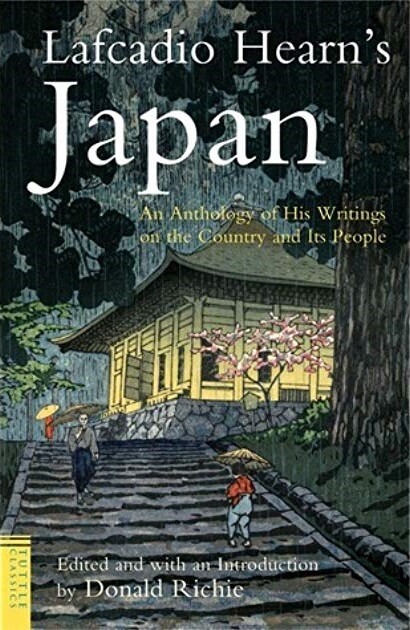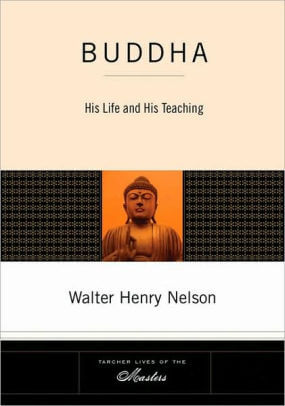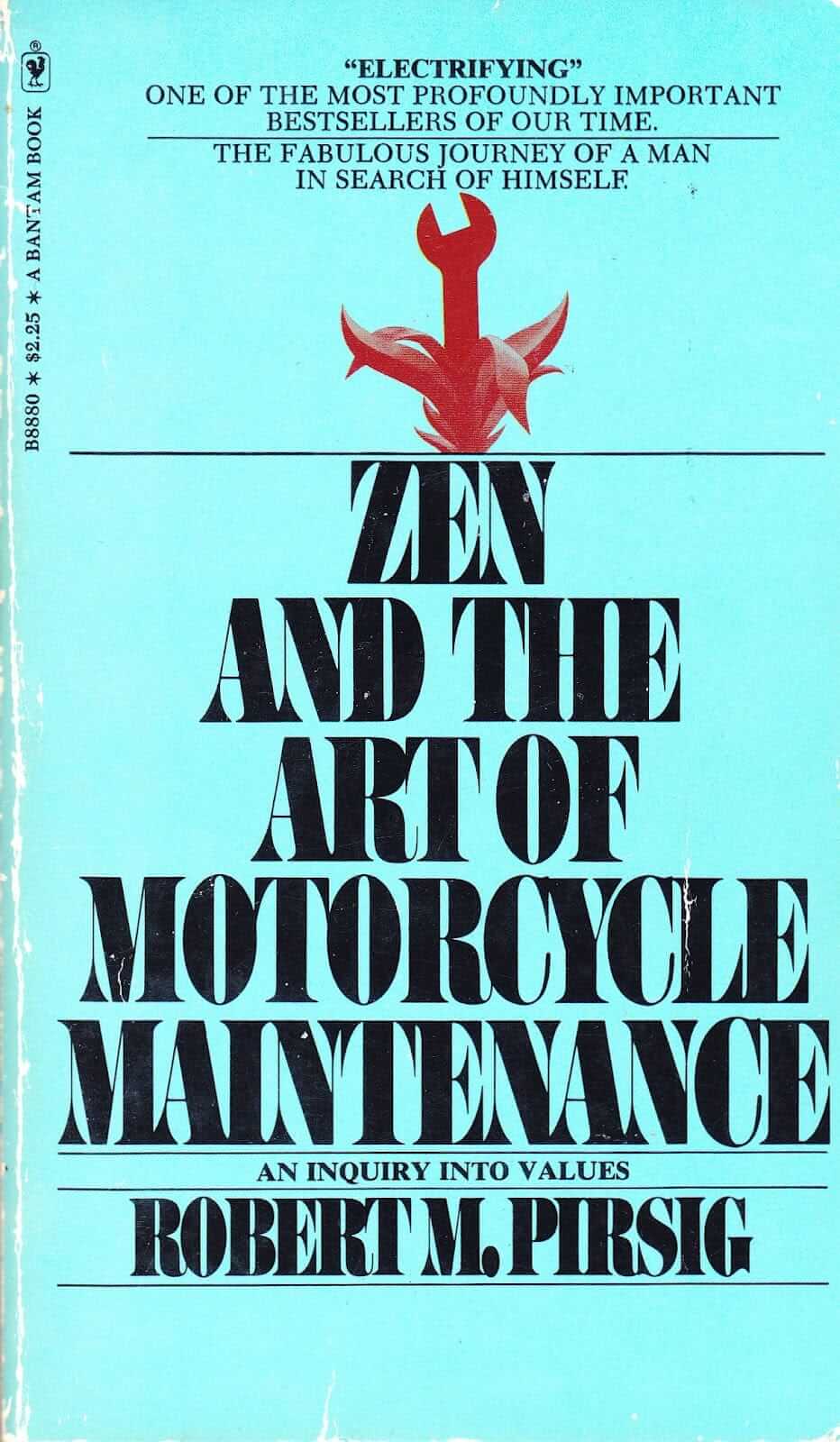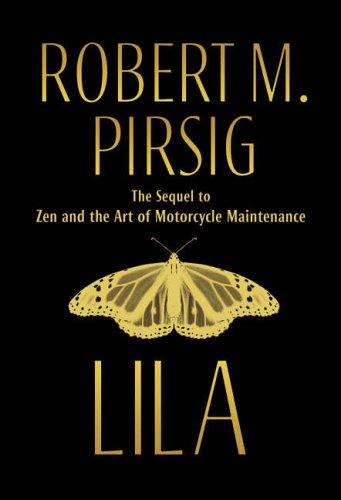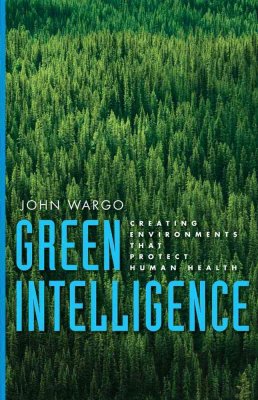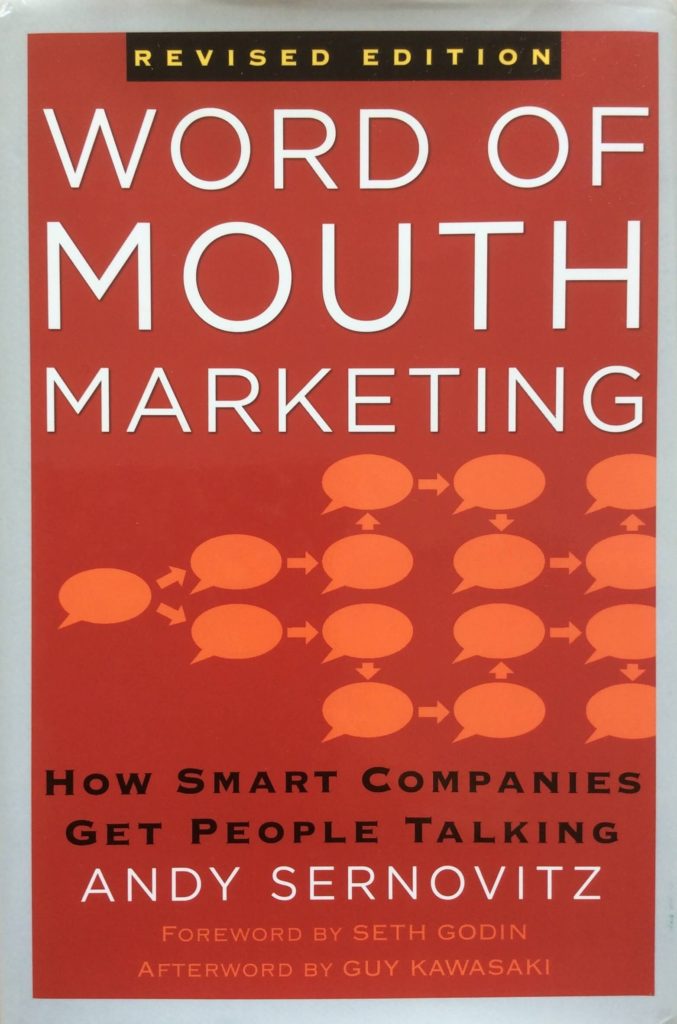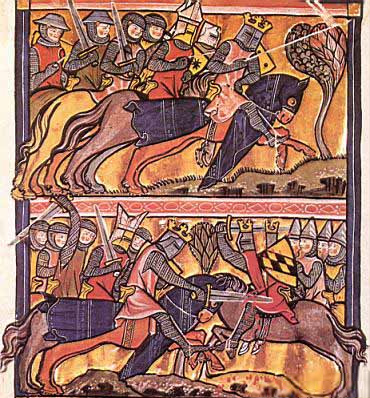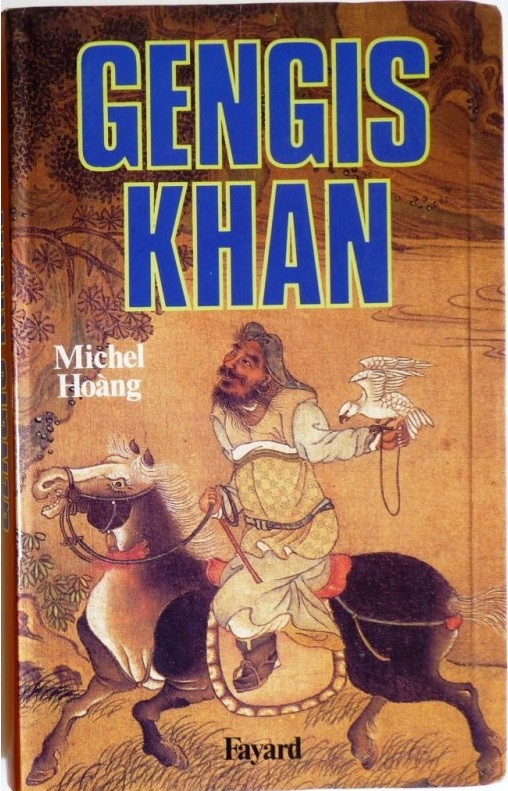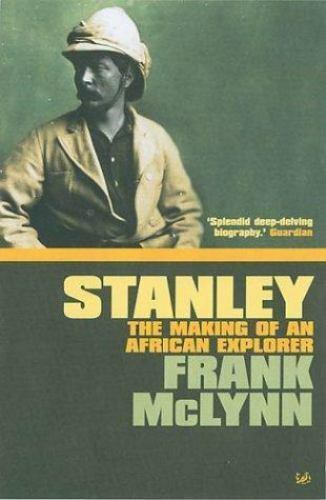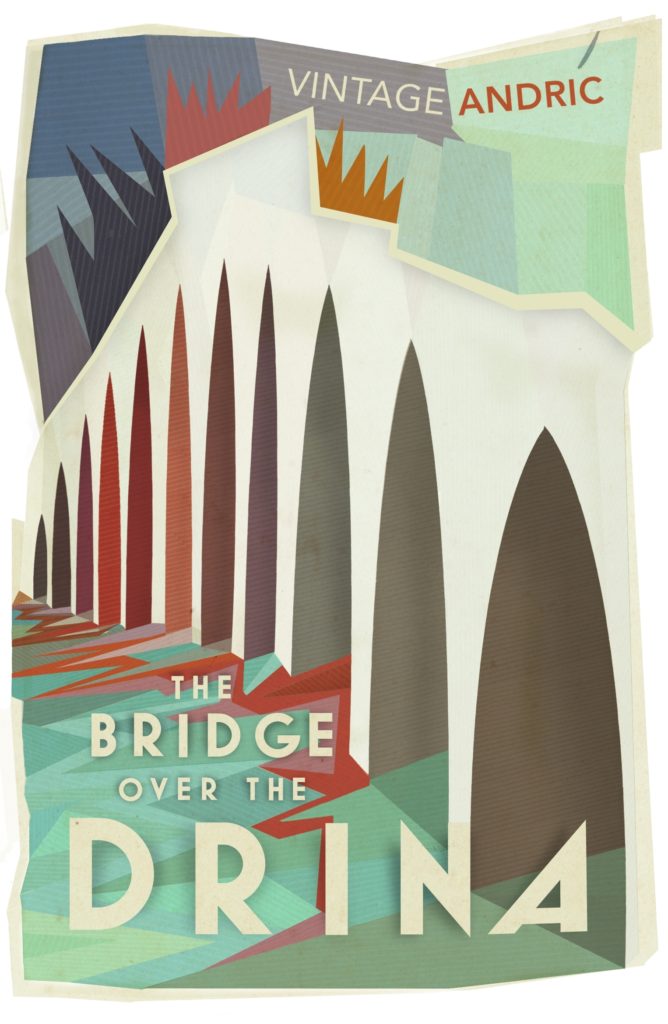Why reading books? To improve our imagination and make us smarter? To gain knowledge? Apart from this, and several other good reasons, I think reading makes people connecting with their inner-selves. It brings order to chaos. As psychologist Mihaly Csikszentmihalyi wrote in his book Flow:
‘The optimal state of inner experience is one which there is order in consciousness.’
Below, I will provide a list with books that brought me in a state of flow. And changed my perception of reality. Also check out my personal reading list on Goodreads, you can be inspired these books I’ve read over the last years.
Books that will change the way you think:
Robert Greene – Human Nature
“Just read it!”
Or read his book about power if you want to have more power: The 48 Laws Of Power
If you want to seduce: The Art of Seduction
And if you want to become a true master in any field, read: Mastery
Hans Rosling – Factfulness
“How can so many people be so wrong about so much? How is it even possible that the majority of people score worse than chimpanzees? Worse than random!”
We know less about the world than chimpanzees, and Hans Rosling shows us why. He gives us ten reasons we are wrong about the world and why things are better than you think. Today, the majority of the world population lives in middle-income countries (and not in low-income countries). In the last 20 years, the proportion of the world population living in extreme poverty has almost halved (not doubled). And about 60 percent of girls in low-income countries are finishing primary school (not a meagre 20 percent).
I learned that I too suffer from a dramatic worldview. I am systematically wrong about world issues and know less than I think. After reading this book I will be more positive about the world (apart from climate change which is becoming a real problem) and I will try to have a more fact-based worldview.
Seth Godin – Meatball Sundae
‘Marketers run things. They always have. Sometimes, though, the people running things don’t realize that they are marketers.’
Godin shows with much clearness how the emergence of New Marketing is leading to the forming of new organisations. According to him successful organisations are built around successful marketing tactics and today these organisations can only thrive if they embrace the tactics of New Marketing.
This book made me understand the power of marketing, especially with the use of low-cost technologies like internet and social media, and while reading I decided to start this blog.
Other really good books from Godin are: This is Marketing and This Is Strategy: Make Better Plans
Isaiah Berlin – The Hedgehog and the Fox
“The fox knows many things, but the hedgehog knows one big thing.”
This phrase of the Greek poet Archilochus is used by Isaiah Berlin to divide artists, or people in general, into two groups. This with a great chasm between the two. Hedgehogs are people who relate everything to a single central vision. One coherent system is what they have in mind and they try to fit new experiences and objects into, or exclude them from, their unchanging, all-embracing, sometimes self-contradictory and incomplete, at times fanatical, unitary inner vision. Foxes, on the other hand, are those who understand, think and feel differently. For them the world appears as an unrelated, contradictory, connected whole that is centrifugal, rather than centripetal. Their thought is scattered or diffused, moving on many levels, and seizing upon the essence of things.
This essay gave me deeper psychological insight in the mind of men, and it first appeared to me that I was a fox (like Tolstoy, Shakespeare, Nietzsche, Goethe). Then I thought I was a hedgehog (like Dante, Plato, Dostoevsky). But after much hesitation, I can now say, with little doubt, that I must retain my first impression.
Donella H. Meadows – Thinking in Systems
“If the goal is defined badly, if it doesn’t measure what it’s supposed to measure, if it doesn’t reflect the real welfare of the system, then the system can’t possibly produce a desirable result. Systems, like the three wishes in the traditional fairy tale, have a terrible tendency to produce exactly and only what you ask them to produce. Be careful what you ask them to produce.”
Meadows does a great job in explaining what systems actually are and how they function. Anything can be a system when it consist of three kind of things: elements, interconnections and a function (or purpose). Your body is a system, as well as our cells, your business, a forest, a school, the earth. Meadows, who was also lead author of the famous book ‘The Limits to Growth’, explains in a very clear and fun way how systems behave and how we can try to improve them. She states that ‘Once we see the relationship between structure and behaviour, we can begin to understand how systems work, what makes them produce poor results, and how to shift them into better behaviour patterns.’ Understanding how the parts relate is key. With the ultimate goal to improve our lives and life around us.
It is one of those books I wish I have read earlier. Even though I studied Systems Engineering it gives me so much more insights in things around me. I am sure this book will help me to manage, adapt and see the wide range of choices I have before me within this complex world. By learning about the system’s principles they make more sense to me, although I still understand so little about many systems. I will definitely going to read it more often.
The United Nations – United Nations Charter & The Sustainable Development Goals
“We the peoples of the United Nations ..”
With this legendary opening phrase the Preamble of the U.N. Charter begins. Its objective to “save generations from the scourge of war,…to reaffirm faith in fundamental human rights,…to establish conditions under which justice and respect for the obligations arising from treaties and other sources of international law can be maintained, and to promote social progress and better standards of life in larger freedom,” cannot be overstated. Neither the other two important objectives: respecting the principles of equal rights and self-determination of all peoples, and international cooperation in solving economic, social, cultural, and humanitarian problems around the world. And it is “we the peoples” again who must embrace the Sustainable Development Goals to save the world and build a better future for all people.
Every time I read The Charter and the Sustainable Development Goals I think they are essential to the evolution from a lower level of life towards a higher level of life. They have a rational, metaphysical basis, as Robert Pirsig would say. Without them, we would still be living in a narrow-minded and backward society. I highly recommend reading them once.
Taras Grescoe – Bottomfeeder
“The single worst thing we are doing to the oceans is devastating the food chain through overfishing. The best policy of all would be to become a bottom feeder -”
With many clear examples and interviews held in several countries Taras Grescoe shows us how we are killing the underwater world. This beautiful world that also nourishes us. Thanks to the shipping industry, the practice of bottom-trawling, the discarding of fish by tossing the bycatch overboard, pollution, dumping of plastics in the water, the destruction of ecosystems like mangroves, our sea is slowly creeping into the Homogenocene: an era with ecosystems dominated by jellyfish and toxic clones.
After reading it I started to choose my fish wisely. When in a restaurant I ask where the fish comes from. If they can’t tell, it is probably unethically caught or full of chemicals. Thus, I will stick with delicious bottom feeders and local fish with a low trophic number, like sardines, mussels and oysters.
Greg McKeown – Essentialism
“Essentialism is not about how to get more things done; it’s about how to get the right things done. It doesn’t mean just doing less for the sake of less either. It is about making the wisest possible investment of your time and energy in order to operate at our highest point of contribution by doing only what is essential.
Do you feel that your energy is being constantly diverted because you are doing too many things? Are you saying “yes” to everything and everyone, even when you do not really want to? If so, the way out is the way of the Essentialist. And McKeown explains how to find the way of the Essentialist; how to distinguish the trivial many from the vital few, how to eliminate the nonessential obstacles in your life to do what really matters, how to make tough but correct choices. He gives us a disciplined, systematic approach for determining where our highest point in contribution lies.
This book gave me insights into how to deal with tough trade-offs. I learned to say “no” to everything except the essential more often, although in a graceful way. I helped me to focus more and to have less. To do less but better!
Eric Schlosser – Fast Food Nation
“The history of the twentieth century was dominated by the struggle against totalitarian systems of state power. The twenty-first will no doubt be marked by a struggle to curtail excessive corporate power.”
And part of this excessive corporate power Eric Schlosser is talking about, is the US fast food industry. Schlosser shows clearly and factually how such an industry has become – in just less than three decades – one where greed, absurdities, lies, horrendous practices and the focus on money prevails and where only a few are truly and intrinsically concerned by other people’s safety and wellbeing.
I already stopped eating at big fast food chains more than a decade ago, after seeing documentaries as We Feed the World and Food, Inc. Nevertheless, after reading the book I will even try harder to avoid eating processed food, to buy from local farmers and producers, and to eat as healthy as possible.
Mihaly Csikszentmihalyi – Flow
“Most enjoyable activities are not natural; they demand an effort that initially one is reluctant to make. But once the interaction starts to provide feedback to the person’s skills, it usually begins to be intrinsically rewarding.”
Mihaly calls joy, creativity, the process of total involvement ‘flow’. In his book he presents general principles, along with concrete examples, of how people can experience flow and have a joyful life. Nevertheless, he also says that the “the task is to learn how to enjoy everyday life without diminishing other people’s chances to enjoy theirs.”
What did I learn from this great book Flow? I learned that a joyful life is an individual creation. It cannot be copied from a recipe. We have to work hard to structure our chaotic mind, or a mind that tends to fall into chaos, and therefore arrive at a stage of flow and even find joy. Not by watching constantly television or your smartphone, or by using drugs or alcohol, but rather via finding creative ways to use our psychic energy and turn it into moments of flow.
Lafcadio Hearn – Japan
“Behind us lay Kumamoto – a far bluish confusion of myriad roofs – only the fine grey lines of its castle showing sharp against the green of further wooded hills ….”
In the pleasant city of Kumamoto, on the island of Kyushu, Hearn spent three years as a teacher. Here he wrote many articles and several books about a country that was still largely unknown and exotic to Westerners. Even though these books about Japan are more than a century old, they are still considered as jewels. And when I read his delicate, coulourful and fine descriptions of the Land of the Rising Sun, vivid images easily come to mind.
Walter Henry Nelson – Buddha
“Those who have evolved and liberated themselves from the turning of the wheel are regarded as Perfect Ones. The Buddha, we are told, was one such man.”
This book by Walter Henry Nelson is an accessible and authoritative biography of the Buddha, his profound struggle and his life teachings. I read this book to understand the principles at the heart of Buddhism and I found it to be extremely helpful and well-written.
Robert Pirsig – Zen and the Art of Motorcycle Maintenance & Lila
“If a factory is torn down but the rationality which produced it is left standing, then that rationality will simply produce another factory. If a revolution destroys a government, but the systematic patterns of thought that produced that government are left intact, then those patterns will repeat themselves. . . . There’s so much talk about the system. And so little understanding.”
With this powerful quote, Robert Pirsig shows he is an incredible strong system thinker. Moreover, he is a great metaphysical thinker and philosopher. Zen describes a journey that Pirsig made on a motorcycle from Minnesota to Northern California along with his son Chris, a trip that is full of numerous philosophical discussions. Here Pirsig explores his “Metaphysics of Quality”. In Lila, his second book, Pirsig develops a complete metaphysical system based on the idea of Quality.
These books gave me enormous insight into the Western society and its values, the philosophy of science, epistemology and contemporary dilemmas. I personally believe these two are classics, books that will still be read many years from now. They definitely helped to improve my life. As Pirsig writes: “I think metaphysics is good if it improves everyday life; otherwise forget it.”
John Wargo – Green Intelligence
A must for those who want to understand the current manmade world! Yale University professor John Wargo offers a practical path toward developing greater Green Intelligence.
Andy Sernovitz – Word of Mouth Marketing
“People love to talk. Word of mouth has been with us forever. What’s new is the second M – Marketing”
Forget the old marketing techniques. Don’t spend money on leaflets nobody is going to read, or on boring advertisement at bus stops. Only companies that can’t sell their products in a normal way need these expensive forms of marketing. When you produce real quality stuff and cool products, word of mouth will get you famous. So what is word of mouth marketing? Andy Sernovitz defines it as “giving people a reason to talk about your stuff, and making it easier for that conversation to take place. It’s more than just marketing. It’s about making your stuff and your company worth talking about.”
What I learned from this book is that word of mouth marketing works for any size of business. You don’t need to be in a sexy industry or have a fancy job. Even I, with this small blog, can participate. Just treat people well, be interesting, earn the respect and recommendations, and people will do the rest.
Einhard – Vita Karoli Magni
“Though he was so successful in widening the boundaries of his kingdom and subduing the foreign nations he, nevertheless, put on foot many works for the decoration and convenience of his kingdom, and carried some to completion.“
This short biography tells us about the life of the great Charlemagne, King of the Franks and Holy Roman Emperor, who lived from 748 until 814. Einhard, for many years a servant of the emperor, gives a description of Charlemagne’s life and character, as well as an account of the many wars he fought. Vita Karoli Magni is a great read if you want to learn more about the history of the early Middle Ages.
Michel Hoàng – Genghis Khan
“My descendants will dress themselves in clothes embroidered with gold; they will feed on exquisite dishes, they will ride superb coursers and hold the most beautiful young women in their arms. And they will have forgotten to whom they owe it all.”
In 20 years Temüjin unites the many tribes on the Mongol steppe and is chosen to be the oceanic ruler, the Great Khan of the Mongols. And for another 20 years, until his death in 1227, he leads his forces to conquer an enormous empire stretching from the Sea of Japan all the way to Eastern Europe. This man, “who was not one to be troubled about obstacles that might stand in his way and who had already twisted the arm of fate“, is known as one of history’s greatest rulers. However, as Michel Hoàng explains in his book, it was not only the Khan’s greed and violent cruelty that resulted in exceptional military successes, but the willingness to compromise and co-operate, and the relentless effort to sustain a system that renewed central control. And as a Chinese proverb says: “An empire may be conquered on horseback, but it cannot be governed on horseback.”
Frank McLynn – Stanley
“Dr Livingstone, I presume?“
“Yes.“
“Doctor, I thank God I have been permitted to shake hands with you.“
In Frank McLynn‘s outstanding biography, Henry Morton Stanley is depicted as the greatest of the explorers of Africa. The expedition to find Livingstone and the 1874-7 expedition and its descent of the Congo River were, without doubt, astonishing achievements. Being highly intelligent, extremely well read and autodidact, he was a man of sudden resolution and irresolution. He was a man of iron. Nevertheless, he had anger issues, was ruthless to his co-workers, refused to take blame and subject to frequent mood swings. He was no gentleman. Yet Africans and others were always ready to follow him into the unknown and probably because of his character traits, he was truly named Bula Matari (“Breaker of Rocks”).
Another great book to read of McLynn is Napoleon.
Ivo Andric – The Bridge over the Drina
“For all of us die only once, whereas great men die twice, once when they leave this world and a second time when their lifework disappears.”
And so this book speaks about the lifework of Mehmed Pasha, the stone bridge in the small Bosnian town of Visegrad. This great book of Ivo Andric won him the Nobel Prize for Literature and is a remarkable introduction to the study of Balkan and Ottoman history. It puts one in mind of a collections of beautiful tales, all about the lives of Catholics, Moslems and Orthodox Christians who are unable to receoncile their disparate loyalties. For me, Andric can be considered as one of those men who only die twice, although it will take many years before his lifework disappears.
Also check out my personal reading list on Goodreads. Let yourself be inspired by these books I’ve read over the last years.
